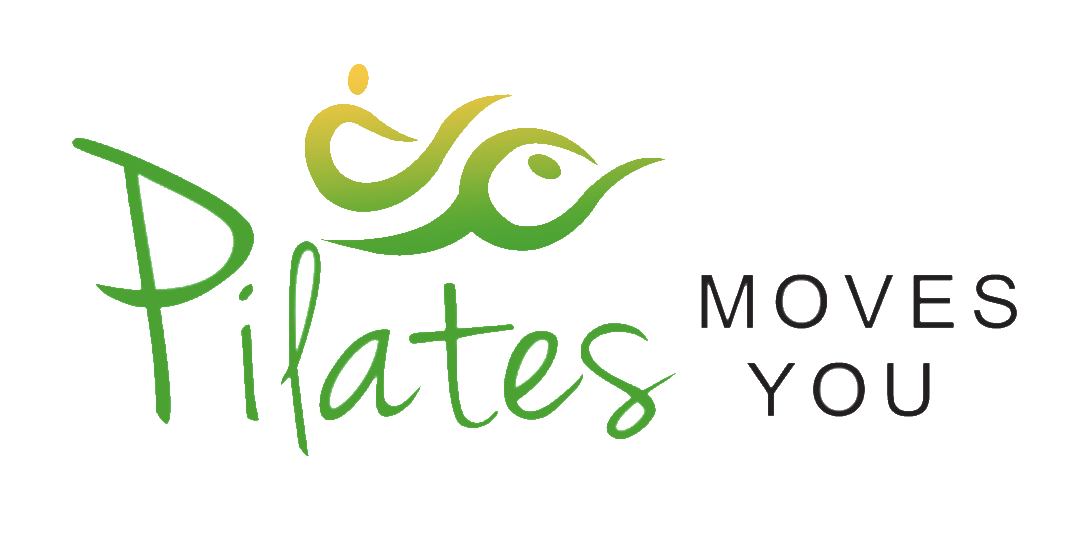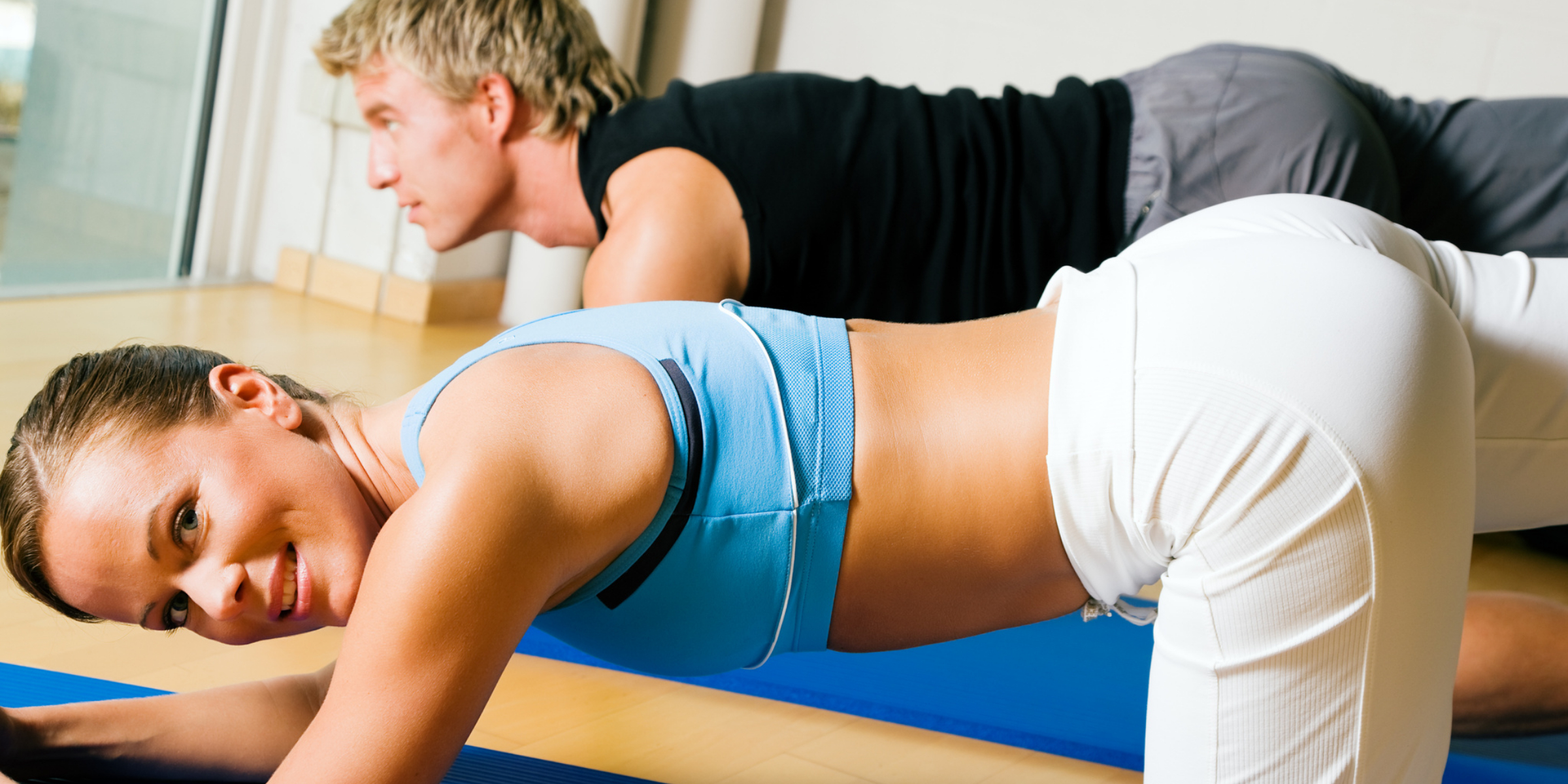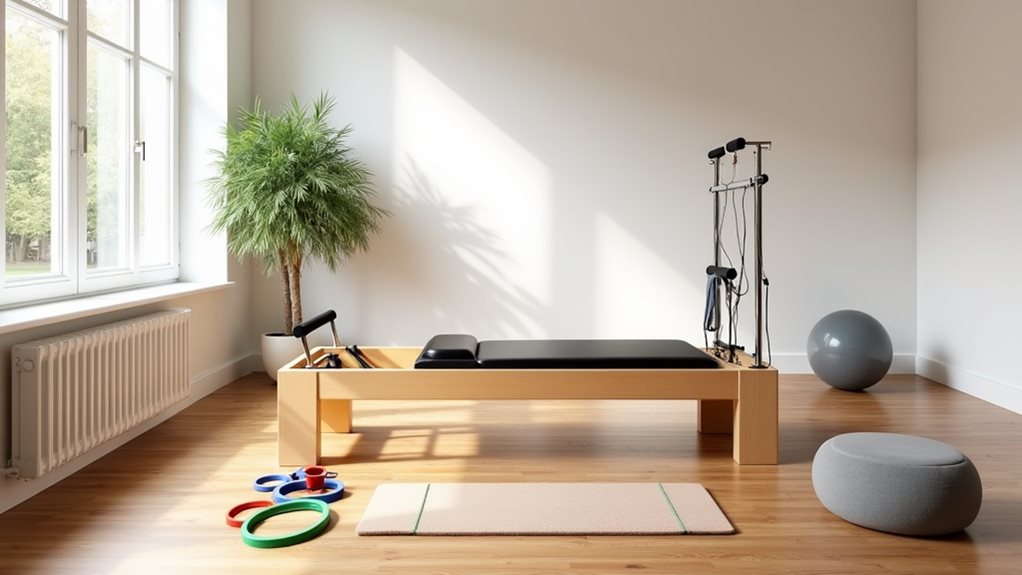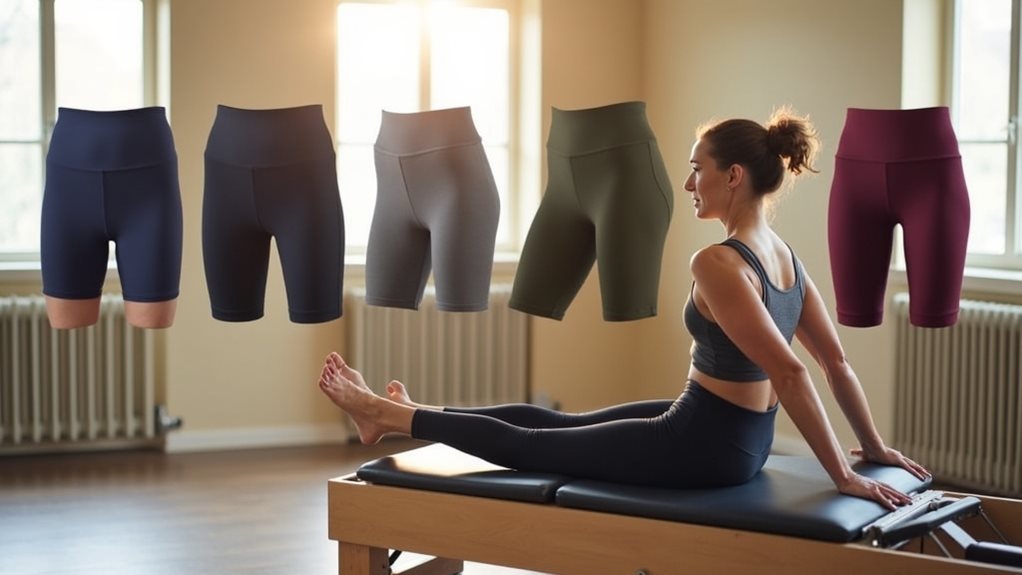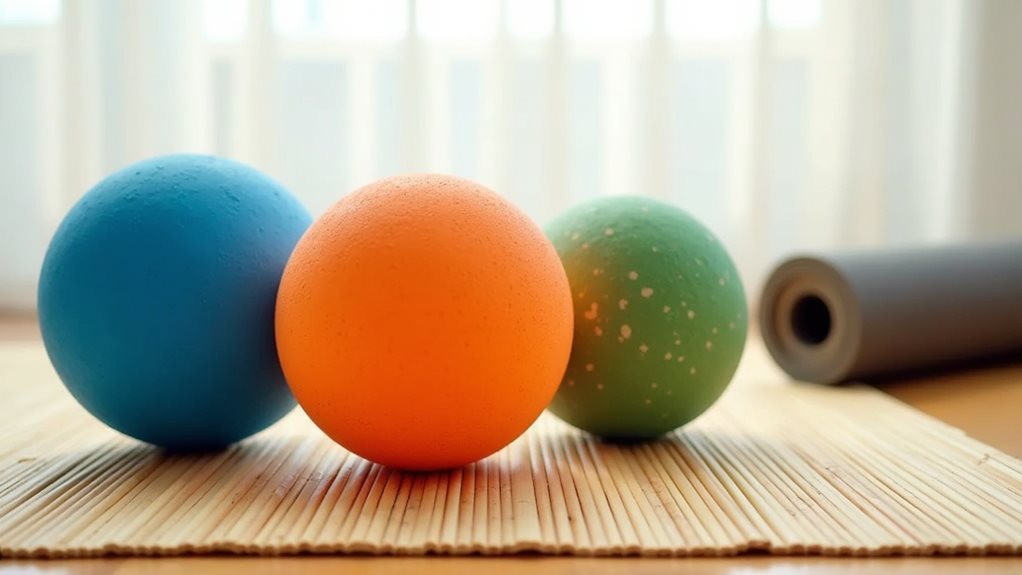Do you want to know if Pilates can help make your bum bigger? You’ve come to the right place!
Pilates can help tone and shape your glutes, but it generally won’t make them significantly bigger. Pilates focuses on strengthening and lengthening muscles, which can help improve their appearance, but it’s unlikely to result in significant muscle mass gain.
With the right form and technique and by adding a few other exercises, you can build a personalized routine that will help you reach your goals.
In this article, we’ll discuss the science behind glute workouts, how to properly incorporate resistance and weighted exercises, and how nutrition can play a role in glute development.
Let’s get started!
Key Takeaways
- Pilates can help tone, shape, and strengthen glutes by incorporating exercises like glute bridges, hip thrusts, and core strengthening exercises.
- Combining Pilates with cardio exercises can improve overall fitness level and help sculpt glutes.
- Proper nutrition and rest are essential for glute development and overall fitness.
- Setting realistic goals and personalizing your Pilates routine with a combination of exercises is important for optimal results.
Understanding the Science Behind Glute Workouts
You can’t deny the science behind glute workouts–it’s time to get that booty poppin’!
In order to understand why glute workouts are important, it’s helpful to understand what makes up your butt. Your glutes are made up of three muscles: the gluteus maximus, gluteus medius, and gluteus minimus. Your glutes are the largest and most powerful muscles in your body, and they’re responsible for helping you with a variety of movements.
When it comes to strength training, focusing on your glutes can help you build power and strength and create a more shapely physique. Squats and other butt-focused exercises are integral to any effective glute workout routine. Not only do they help you strengthen your glutes, but they also help tone and shape them.
Squats and other butt-focused exercises help you build strength and power in your glutes, which can help you look more toned and fit. They also help you build better balance and stability, resulting in improved performance in all of your physical activities.
For toning and shaping your glutes, Pilates can be a great addition to your workout routine. Pilates helps improve your core strength and stability, which can help you maximize the effectiveness of your glute workout. Plus, by incorporating Pilates into your workout routine, you can help improve your posture and overall physical health.
With the right combination of glute-focused exercises and Pilates, you can help give your body the shape and strength it needs to reach its full potential. Moving onto how Pilates can help tone and shape your glutes…
How Pilates Can Help Tone and Shape Your Glutes
By engaging in Pilates, you can tone and shape your glutes to create a better, more defined backside. Pilates strengthens your core muscles while also targeting your gluteus minimus, gluteus medius, and gluteus maximus. This means that through Pilates, you can build a stronger, more muscular booty.
Here are 3 ways Pilates can help you to do this:
- Glute Bridges: This exercise, which is typically done in a Pilates class, requires you to lie on your back and engage your glutes and core as you lift your hips up and down. This exercise helps to tone your glutes and can be done with or without weights.
- Hip Thrusts: This exercise is another classic glute exercise which is done by lying down on your back and thrusting your hips up and down. This exercise is great for toning and sculpting your glutes and helps to engage your core and gluteus minimus and medius.
- Core Strengthening: Pilates is known for its core strengthening exercises. These exercises involve engaging your deep core muscles, which helps to strengthen and tone your glutes.
Pilates is a great way to tone and shape your glutes. It not only strengthens and tones your glutes, but it also helps to build a strong core and engage your glutes muscles. The exercises are safe and effective, and when done properly with the right form and technique, they can be great for sculpting and toning your glutes. The importance of proper form and technique when doing Pilates exercises can’t be overstated as it can help you to get the most out of your workouts and prevent injury.
The Importance of Proper Form and Technique
Developing the right form and technique when doing Pilates exercises is essential for getting the most out of your workout and avoiding injury. Taking the time to understand the various positions and movements is key in order to tone and shape your glutes. Proper form and technique will help you to use only your body weight to get the most benefit from your Pilates workout. This is especially important for those who are looking to increase the size of their booty.
When practicing Pilates, it’s important to focus on the position of your body during each exercise. Pay attention to your posture and alignment and be sure to keep your core muscles engaged. Proper form will help you to maximize the effectiveness of each exercise and help you to get the most out of your workout.
Additionally, be sure to use correct breathing techniques throughout your workout. This will help you to execute each exercise with proper form and technique, as well as increase the intensity of the workout.
In addition to proper form and technique, it’s important to incorporate resistance and weighted exercises into your Pilates routine. This will help to further sculpt and tone the glutes, as well as increase the size of your booty. However, it’s important to remember that proper form is still of the utmost importance when doing these exercises.
Taking the time to master the correct form and technique is essential for getting the most out of each exercise and avoiding potential injury. With the right form and technique, you’ll be able to make the most of your Pilates routine and get the best results possible.
With this in mind, it’s time to look at incorporating resistance and weighted exercises into your workout.
Incorporating Resistance and Weighted Exercises
Adding resistance and weighted exercises to your Pilates routine can help you sculpt and tone your glutes, giving you the curves you’ve been dreaming of. Here’s why they can make a difference:
- Using weighted exercises in your routine can help build strength and definition, creating a strong and toned butt.
- Resistance bands can be used to add extra resistance and challenge to your Pilates routine, helping to build and tone the glute muscles.
- Incorporating exercises that specifically target the hamstrings can help add shape and definition to your bum.
Pilates provides a great foundation for building strength and flexibility in the glutes and hamstrings. Adding resistance and weighted exercises to your routine can help you take your Pilates routine to the next level, giving you the strong butt and curves you desire.
With the right combination of exercises, you can achieve a toned and shapely bum in no time. On to the next step: exploring other exercises to complement your Pilates routine.
Other Exercises to Complement Your Pilates Routine
Complementing your Pilates routine with other exercises can help take your booty-building journey to the next level! To target your glutes, you can add in exercises like squats, sumo deadlifts, glute kickbacks, and deadlifts. Here is a table of exercises to help you get started:
| Exercise | Muscles Targeted | Reps |
|---|---|---|
| Squats | Quads, Glutes, Hamstrings | 15-20 |
| Sumo Deadlifts | Glutes, Hamstrings, Back | 8-10 |
| Glute Kickbacks | Glutes, Hamstrings | 10-12 |
| Deadlifts | Glutes, Core, Back | 5-8 |
You can also combine Pilates with cardio exercises like running, cycling, and swimming to improve your overall fitness level and help sculpt your glutes. Adding variety to your workouts can help prevent workout boredom and keep you engaged in your booty-building journey. Eating a balanced diet full of protein and other essential nutrients is also essential for helping your muscles recover and grow. Nutrition plays an important role in glute development and overall fitness.
How Nutrition Plays a Role in Glute Development
Proper nutrition is essential for achieving a strong, toned booty, and it can help take your glute-building journey to the next level!
This means eating a balanced diet that includes lean proteins, complex carbohydrates, and healthy fats. Eating a healthy diet doesn’t just benefit your glutes, but your entire body as well. For example, consuming enough protein helps to build lean muscle in the upper body as well as the glutes.
Eating the right foods can help you refuel after a tough Pilates session and give your body the nutrients it needs to keep growing.
In addition to eating a balanced diet, getting adequate rest is also critical for achieving a stronger booty. When you’re well rested, your body is better able to process the nutrients it needs to repair and build muscle.
In order to give your muscles the best chance to grow, make sure you get at least 8 hours of quality sleep every night.
It’s important to remember that nutrition and rest are just two pieces of the puzzle when it comes to building a bigger, stronger booty. Setting realistic expectations for your goals is the next step in your journey.
Setting Realistic Expectations for Your Goals
Having a realistic plan in place is key for getting the booty of your dreams. When it comes to targeting your glutes, there are a few things to consider.
If you want to build the shape and size of your butt muscles, then you need to do exercises that target the glutes, like deep squats, split squats, and glute bridges. You also need to make sure you’re getting enough calories and protein to support the muscle growth. Finally, you need to track your progress with a fitness app or gym weights to make sure you’re progressing in the right direction.
It’s important to be realistic with your goals and expectations. There’s no magical exercise that will instantly give you the booty you’ve always wanted. It takes time and patience to build the size and shape you desire, and it’s important to be patient and consistent with your routine.
It’s also important to remember that everyone’s body is different, and results may vary. When setting your goals, make sure you’re aiming for something achievable that you can work towards. If you set unrealistic goals, you may become frustrated and give up on your routine.
Instead, focus on small goals that are within reach, and before you know it, you’ll be on your way to achieving the booty of your dreams. With a little patience and dedication, you’ll be able to personalize your Pilates routine for optimal results.
Personalizing Your Pilates Routine for Optimal Results
Personalizing your routine with Pilates can help you get the booty of your dreams. Pilates is a great way to target your core, abdominal, and gluteal muscles to create a more toned and lifted look. To get the most out of your routine, it’s important to make sure your feet are flat on the floor and your hamstring stretch is in proper alignment. Doing so will help you engage the correct muscles and ensure that you’re getting the most out of every exercise.
The key to personalizing your Pilates routine is to focus on exercises that target your glutes. Squats, hip extensions, and bridges are all great exercises to help strengthen and lift your glutes. Additionally, it’s important to make sure you’re working out with the correct form to ensure that you’re doing every exercise correctly and not overworking any muscles.
In addition to focusing on glute exercises, it’s important to remember to incorporate other exercises into your routine. You should also focus on exercises that target abdominal and core muscles, as these will help to create a strong and toned foundation. Doing a combination of exercises will help you get the best results and give you a rounded and toned booty.
Conclusion
You’ve done the research, and you’re ready to take the plunge into Pilates. With proper form and technique, you’re on your way to toning and shaping your glutes.
Don’t forget to incorporate resistance and weighted exercises, and adjust your routine based on your goals.
Finally, nutrition plays a key role in glute development, so make sure you’re eating the right foods.
With a consistent routine, proper form, and the right nutrition, you can achieve the results you desire. Remember, be patient, and above all, enjoy the journey!
